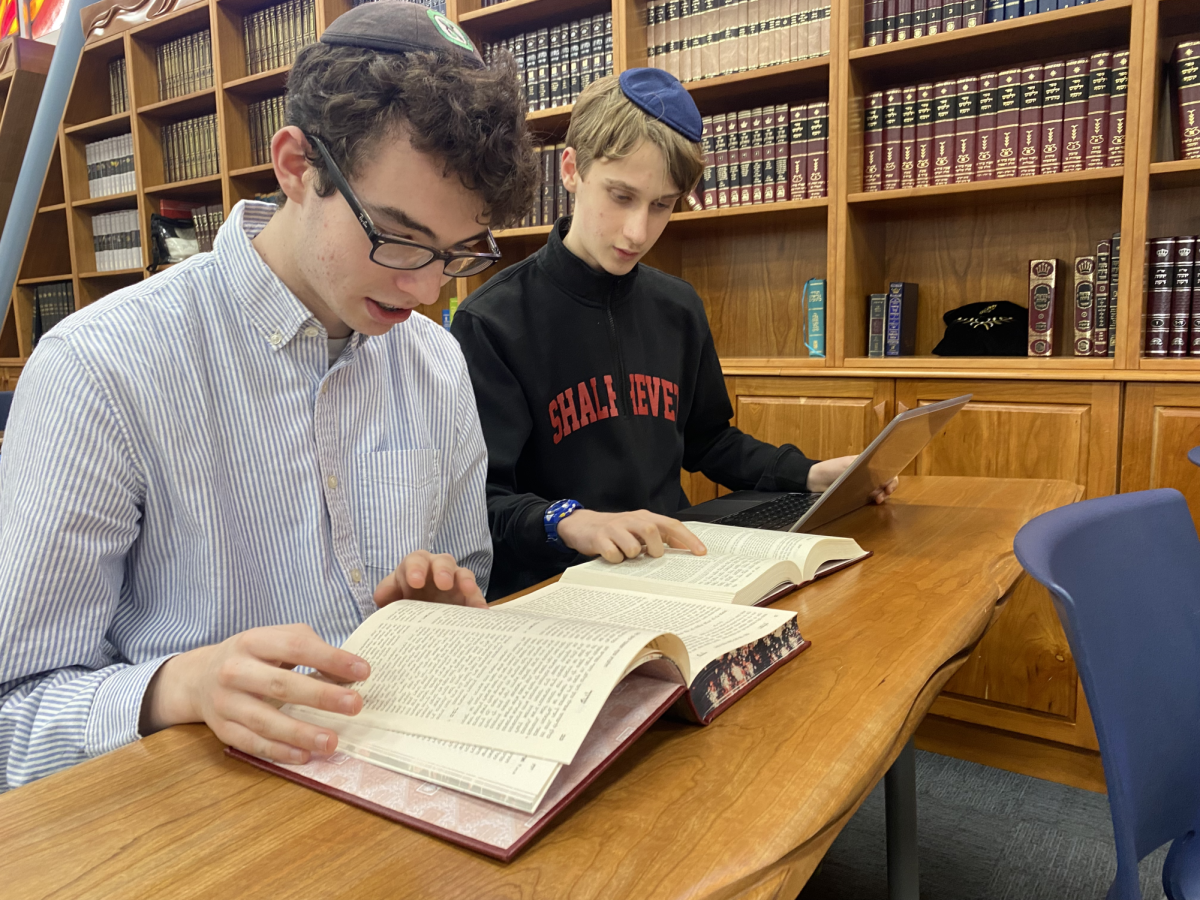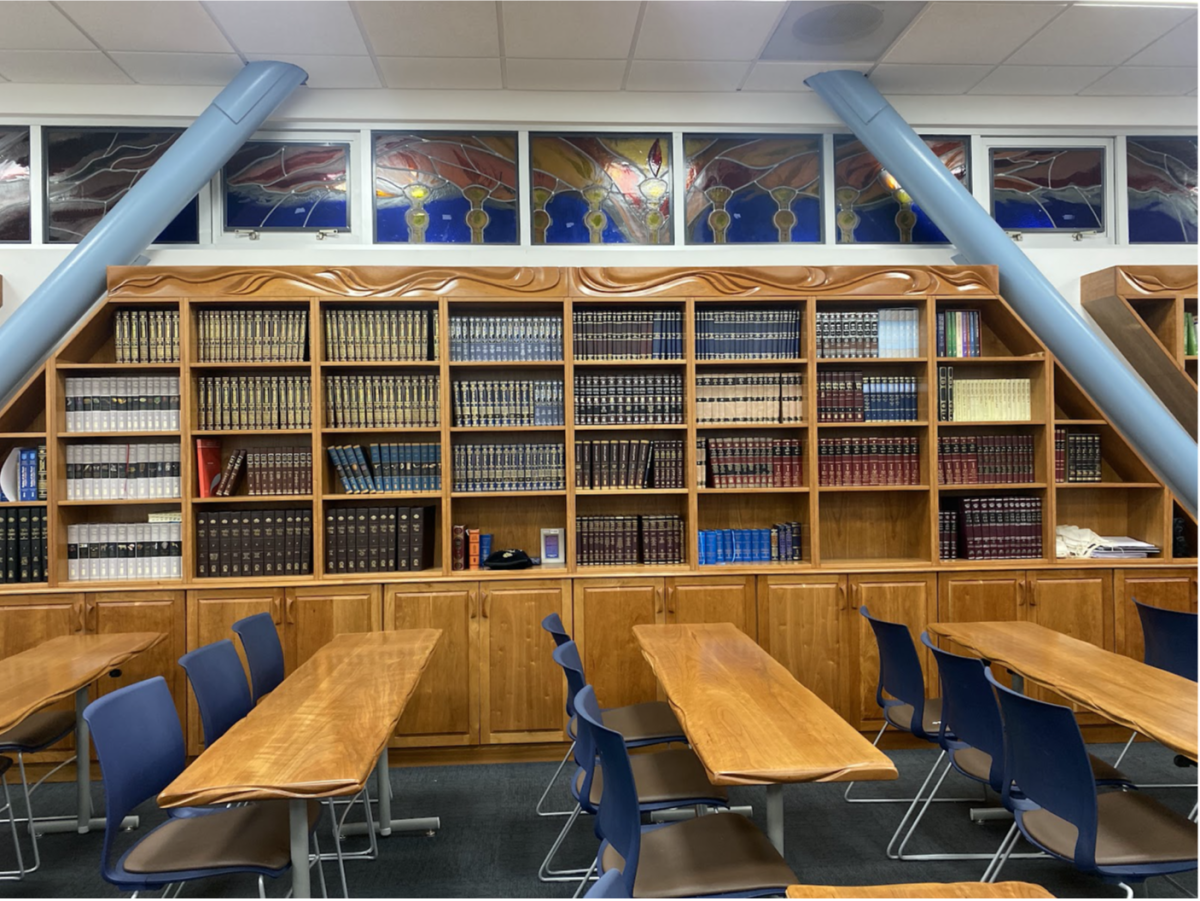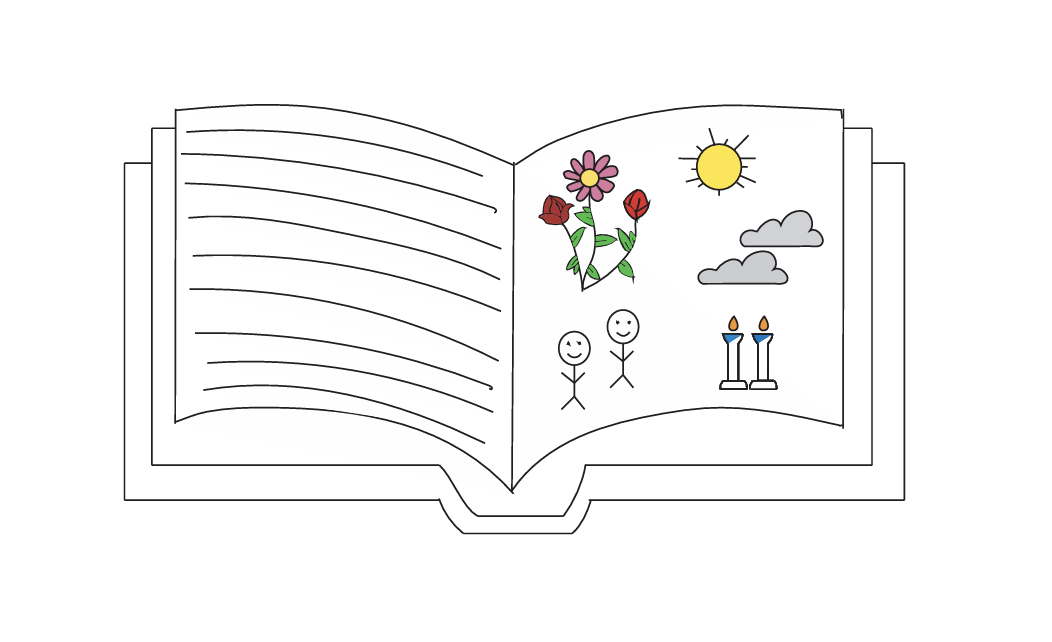Yeast, flour, time and love combine for a different kind of culinary experience
Have you ever wondered why Jews recite netilat yada’im before eating bread, but not before eating anything else?
A few weeks ago, I was inspired to bake sourdough bread, and I think I now understand. Bread is different from other foods because creating it is a partnered effort; throughout the process, neither man nor God is in complete control. I mixed, measured, kneaded and shaped the ingredients, but before each new step I waited for what I can only see as divine metamorphosis, to transform the dough in size, smell and taste.
Every step’s waiting time of this week-long process surprised me. It took a week for the “starter,” a mix of flour, water and yeast, to ferment, then six more hours for the “sponge” — starter with more flour and water — to triple in size, then an extra two hours for the dough to rise. And that’s discounting all the time I spent actively measuring, mixing, shaping, kneading and baking!
Making bread is a wonderful combination of the hands-on and the hands-off creating of food. Unlike crops, which can grow without human help, bread requires man to not only harvest the wheat and turn it into flour, but to tend to the dough and interfere with the process multiple times.
To start the process, I combined water, flour and yeast to ferment into sourdough starter. After actively mixing the ingredients together, I waited for the mixture to, with God’s help, turn into a pungent and fermented starter, helping it along every day by stirring for a few seconds or “feeding” the yeast sprinklings of sugar. I checked on my starter daily and was always shocked and in awe of its progress.
After a week, it was my turn to take over once again as a human. I added more of the same basic ingredients, switched bowls and vigorously beat the dough. Once again, I waited for nature to take over and triple the size of our dough in just a few hours.
Amazed by how tremendously our dough progressed without my help, I kneaded it until my arms hurt and left it to once again undergo chemical changes and double in size. I then shaped the dough into the shape I wanted the bread to be, and then I baked the bread. Then I sliced the bread.
And then, before tasting the joint-effort bread, I ceremonially washed my hands to purify them, and to connect my hands — which were half responsible for the bread — with God, who was the other half, having transformed flour, water and yeast into fermented dough and increased the size of the dough to 600 percent of the materials themselves.
Bread is not just a joint labor of man and God—it is the staple food for most humans. It is also, as the author and theologian, Peter Reinhart – a breadmaker himself – explained, a series of transformations from alive to dead and dead to alive.
First one must kill the wheat and crush its seeds, crushing any chance of growth or later life. Then, the baker adds starter or yeast, which bakers refer to as ‘levin,’ to enliven the bread. After the levin enlivens the bread, the oven “kills” the dough by stopping the growth of the yeast but transforms it into food.
“And it’s what comes out of the oven— that is what we call the staff of life,” Reinhart said in a talk on TED.com, the popular website of videos from conferences about ideas. “This is the product that everyone in the world eats, that is so difficult to give up.”
After blessing my hands for having aided God in creating the miracle of bread, I then said, “Blessed are You, Lord our God, King of the universe who brings forth bread from the earth,” to remind myself that I couldn’t have done it without God.
Bread and water are the staples of human consumption. We need both water— which throughout Tanach is likened to Torah, God’s instruction to man on how to live—and bread, the evidence and product of our partnership with God in constructing a creation which both sustains life and gives it meaning.






